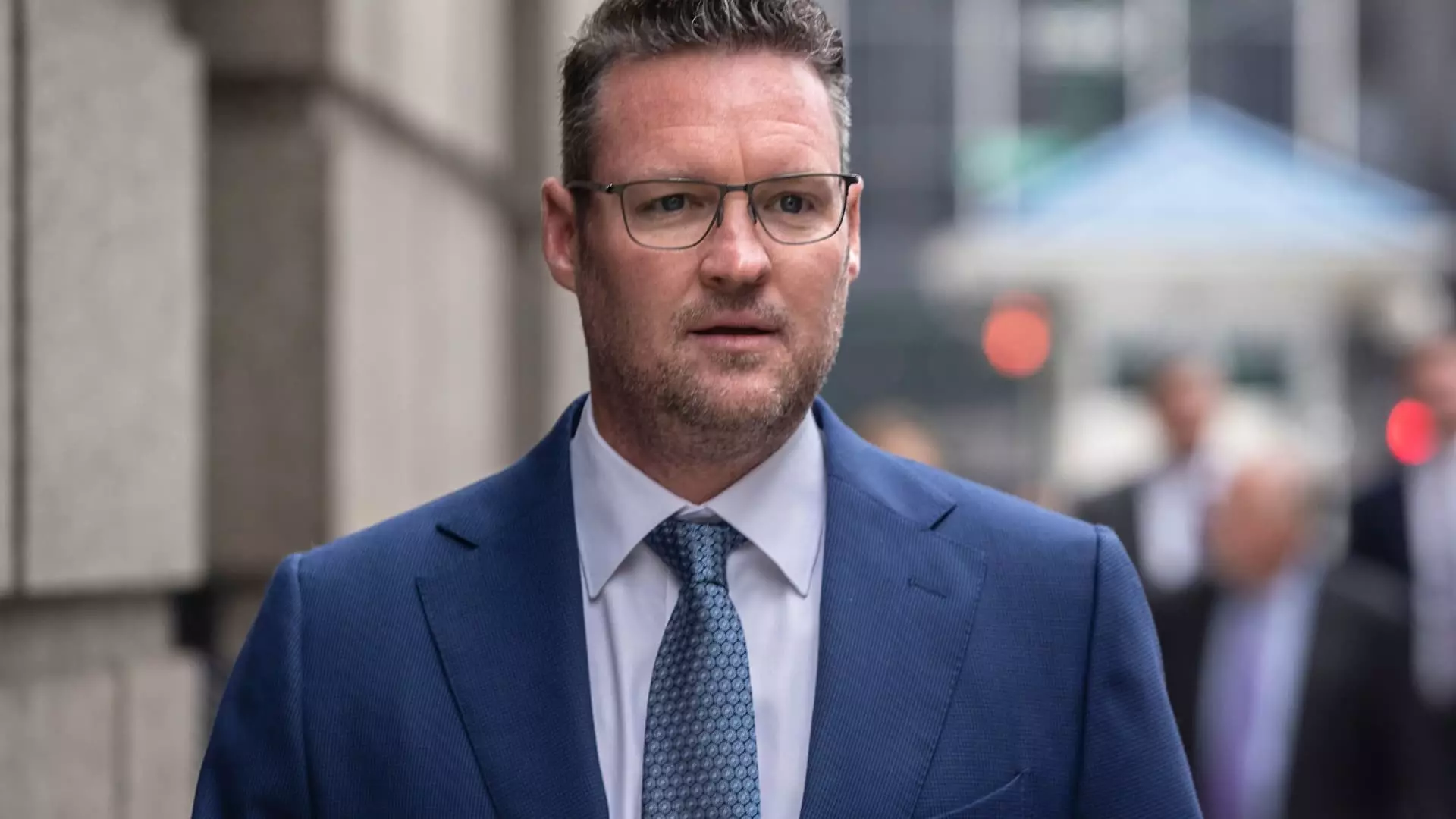The recent pardon of Trevor Milton by former President Donald Trump has reopened a Pandora’s box of ethical questions that extend far beyond the individual case of the disgraced CEO of Nikola Corp. Convicted in October 2022 of federal fraud related to misleading investors about the viability of electric and hydrogen-powered trucks, Milton is emblematic of a troubling trend in modern American business practices—where deceit can yield considerable financial rewards and, in some cases, a second chance at life post-conviction.
Milton’s saga is a grim reminder that, in this high-stakes game of corporate glory, accountability seems to be an elusive concept. He engaged in what prosecutors described as a “campaign of deception,” drawing investments through false claims that he knew were not grounded in reality. It raises an uncomfortable reality: when the line between ambition and fraud becomes blurred, who holds these leaders accountable? The very judicial system designed to protect investors and uphold integrity often feels compromised, especially in cases like Milton’s where celebrity and wealth can seemingly tilt the scales.
The Erosion of Trust in Authority
Milton’s remarks after receiving his pardon are particularly revealing. He described this moment as “not just about me but about every American who has been railroaded by the government.” While there is a degree of relatable sentiment behind the rhetoric of being a victim of institutional betrayal, it is crucial to unveil the hypocrisy in his words. This claim does not just reflect his personal misfortune; it suggests a widespread anti-establishment narrative that has gained traction in recent years. But, in politically motivated narratives like these, truth often becomes a casualty.
The fact remains that Milton’s actions caused significant financial losses for numerous individuals, many of whom lost their retirement savings due to the fraudulent misrepresentation of Nikola Corp.’s capabilities. To equate his conviction to an indictment of systemic injustice diminishes the reality faced by ordinary Americans who truly suffer under the weight of market manipulation and corporate malfeasance. Instead of personal accountability, his narrative appears to become a rallying cry for those seeking to undermine trust in the legal system, conveniently overlooking the victims whose lives were irrevocably changed because of his lies.
The Politics of Power and Pardons
Milton’s financial contributions to Republican circles cannot be overlooked either. Donating nearly $2 million within a short time frame raised questions about quid pro quo arrangements that punctuate our political landscape. The transaction seems to suggest that monetary influence can pave the way for favorable treatment, even when the individual in question has been proven to have engaged in actions detrimental to the public. When Trump offered this pardon just two weeks after prosecutors recommended restitution to victims, it couldn’t be clearer—it’s difficult to shake off the stench of corruption that drapes heavily over this deal.
Furthermore, the pardon was not an isolated event; it forms part of a larger trend in which favors are bestowed upon those who appear to have the financial backing to influence, regardless of their previous criminal actions. This makes one ponder, what kind of message does this send to aspiring entrepreneurs? That they can operate above the law as long as they have the right connections and a fat wallet? The nexus between wealth, power, and immunity continues to erode the foundational ideals of justice, transparency, and accountability in our society.
The Fragile State of Corporate Integrity
As Nikola Corp. descends further into financial ruin, recently filing for Chapter 11 bankruptcy, Milton’s case serves as a stark reminder of the consequences of unchecked ambition. Once hailed as a groundbreaking player in the electric vehicle industry, Milton’s promises turned out to be a house of cards that fell spectacularly—crippling both the company and its shareholders. Today, with liabilities that dwarf its assets, Nikola stands as a ghostly silhouette of its former self, raising broader questions about the sustainability of businesses built on illusion.
Milton’s faux pas illuminates a critical juncture for corporate America: the need for stringent mechanisms designed to prevent such man-made disasters from reoccurring. Investors should no longer be treated as collateral damage within the corporate machinery; they must be safeguarded by laws that are enforced scrupulously. The belief that transparency can coexist with the pursuit of grandeur needs to be re-established as a cornerstone of corporate philosophy. Potential reform should aim to obliterate the culture of deceit that allows for misleading statements to be dressed up as visionary aspirations.
Ultimately, the political and legal consequences of Trevor Milton’s pardon echo much louder than the silence from concerned parties. A judicial system that dispenses justice preferentially based on wealth and connections only exacerbates public skepticism toward both corporate leaders and government. If we cannot trust our institutions to hold wrongdoers accountable, we teeter on the brink of a moral and ethical collapse that jeopardizes not just the American Dream, but the very fabric of democracy itself.

